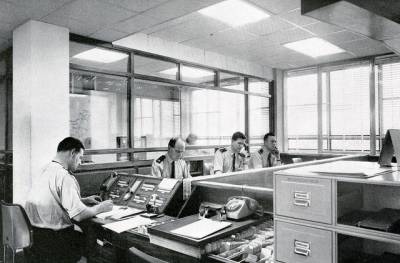 The National Audit Office (NAO) has expressed concerns over the government’s plan for 4G network-based replacement of the current system used by the country’s emergency services, Airwave.
The National Audit Office (NAO) has expressed concerns over the government’s plan for 4G network-based replacement of the current system used by the country’s emergency services, Airwave.
The auditors believe that the decision to move off the proprietary platform of the latter onto the standard mobile network of supplier EE to deliver the planned upgrade, the ESN (Emergency Services Network), is potentially risky.
That’s because no similar scale of 4G emergency system has been so far delivered, says the group in a new report, with NAO warning that, “ESN is inherently high risk.”
That’s because, in its view, there are significant technical challenges that the programme needs to overcome, including working with EE to increase the coverage and resilience of its 4G network so that it at least matches Airwave – as well as developing handheld and vehicle mounted devices as no devices currently exist that would work on ESN.
Independent IT analyst group Kable helped prepare the analysis for NAO. Its senior analyst, Josh Hewer, commented that, “Although there are differences, the Home Office is pursuing a network similar to South Korea, but from a lower coverage and industrial base. The expedited timescales may prove challenging to the programme’s success and risk derailing this vital investment in improving the UK’s emergency services.”
If you liked this content…
Airwave, it says, has served the emergency services effectively, and has averaged 99.9% availability since April 2010 but is expensive, costing £1,300 per handheld or vehicle-mounted device per year, and its data capabilities are poor.
In addition, a deteriorating commercial relationship with Airwave after 2010 meant that the government did not believe an extension or re-procurement would offer value for money.
That means the ESN plan is sensible strategically, but nonetheless government needs to work harder to manage the risk and ensure better value for taxpayers, says the study: “While steps have been taken to manage these risks, we are concerned that these are under-rated in the Home Office and elsewhere.
“The programme needs to put in place more independent testing and assurance regimes for its technical solution and urgently improve its approach to engaging with the emergency services.”







